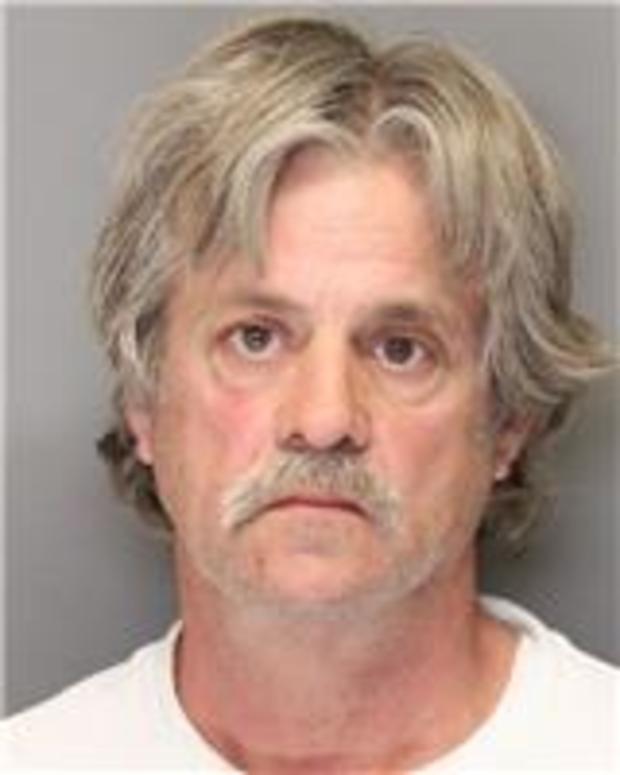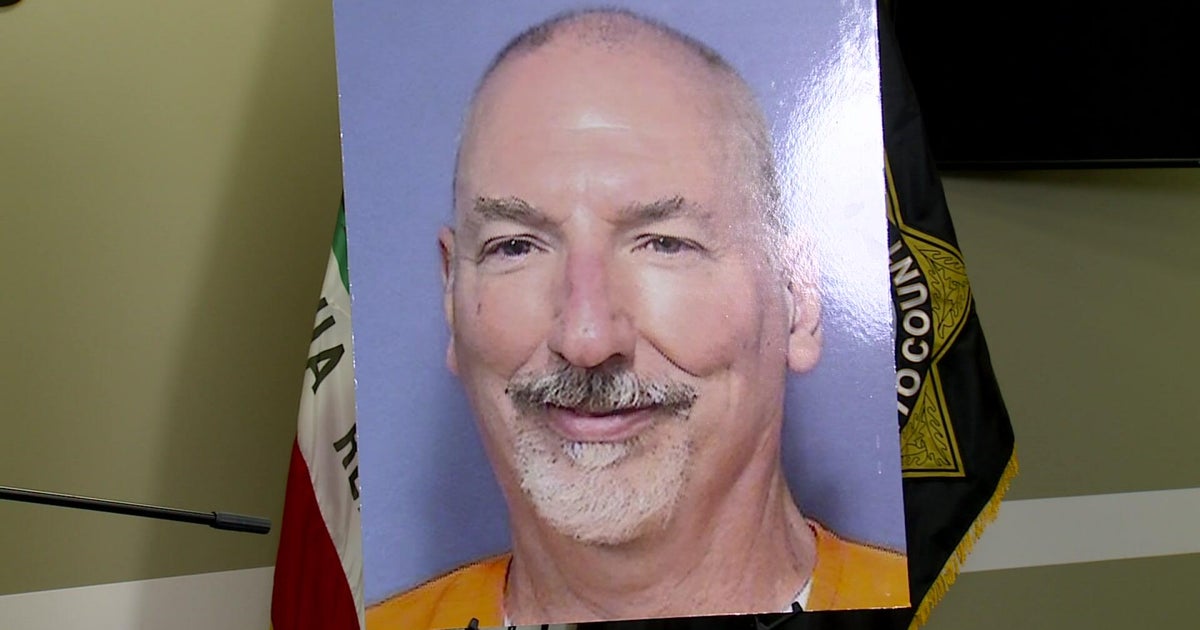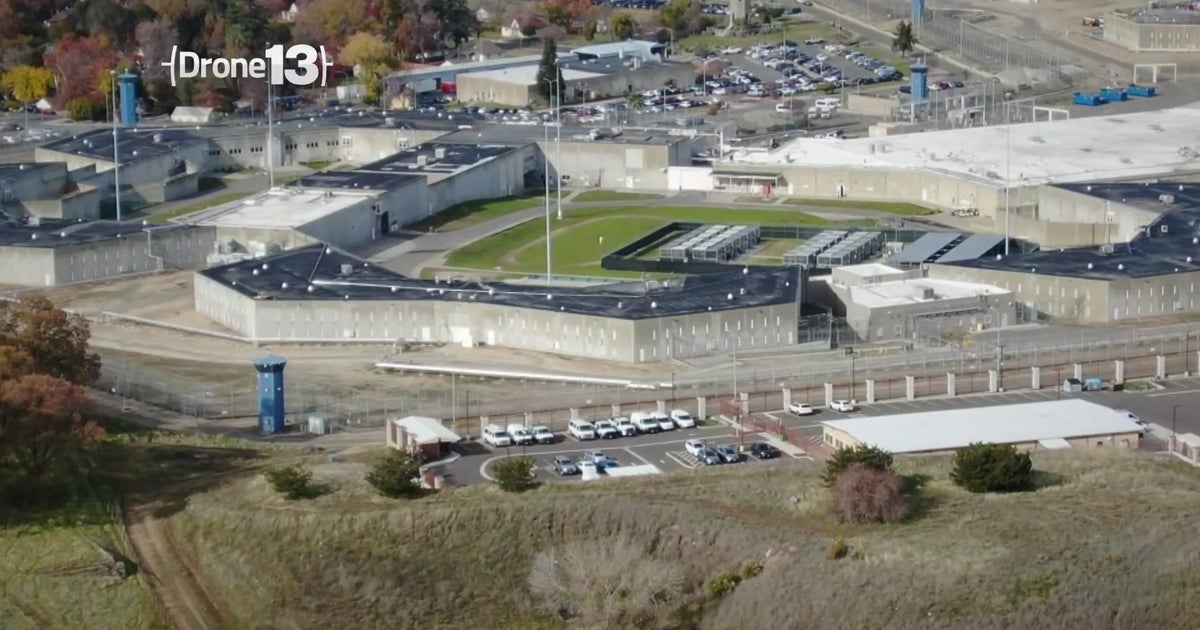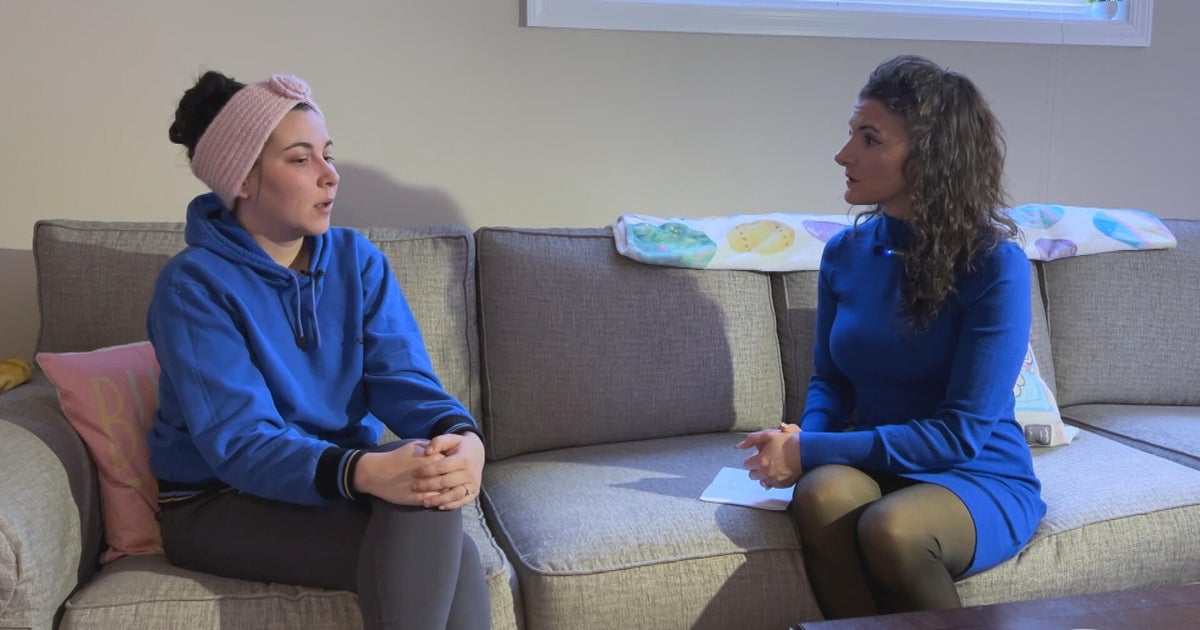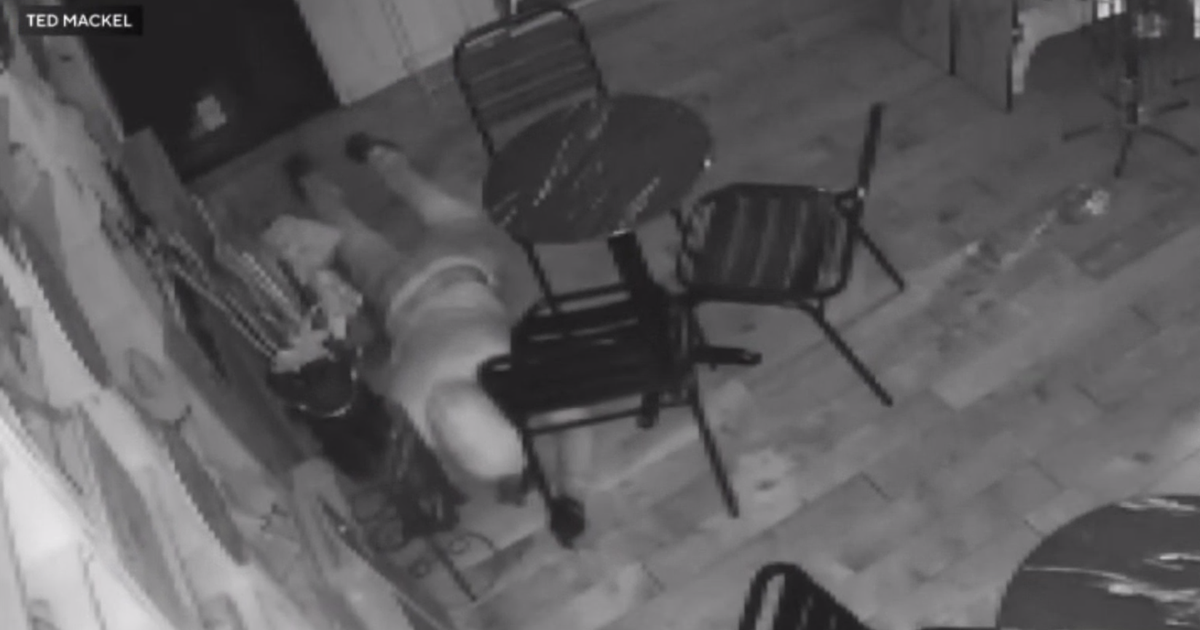Compassionate release law frees Yolo County child molester sentenced to over 100 years in prison
YOLO COUNTY -- End-of-life mercy for a twice-convicted child molester serving more than 100 years to life in prison is not something that Yolo County's District Attorney Jeff Reisig supports, he told CBS Sacramento.
"Nobody wants him living in their neighborhood. That's the bottom line," Reisig said.
On Thursday, Kevin Ellis, 67, was granted compassionate release by a judge in Yolo County Superior Court due to his terminal medical diagnosis, despite objections from his victims and the district attorney's office.
State law mandates that Ellis be released from prison within 48 hours of the hearing. He will now be free to live the rest of his life under supervised release and under the condition of registering as a sex offender.
"It's super hypocritical to call it a compassionate release and ignore the trauma that the victims are suffering as a result of this process," Reisig said.
Ellis was convicted first in 1995 for molesting two children and again in 2013 for molesting two children again. He has also failed to register as a sex offender in the past.
"Obviously, we don't think that's appropriate for a four-time child molester to be released back into the community having served only a fraction of his 100-year sentence. We don't care what the circumstances are," Reisig said.
Under state law, compassionate release from prison must first be recommended by the California Department of Corrections and Rehabilitation (CDCR) to a judge in the county of the crime's origin, allowing the case to bypass California Board of Parole hearings that often take much longer to navigate and include a series of hearings.
Offenders eligible for compassionate release are diagnosed with a terminal illness, have less than a year to live, are deemed by CDCR to not be a threat to society given their medical condition and have an identified place to live upon release.
"He should die in prison and that's what we argued to the judge. There is no benefit to the community. It certainly puts people at risk and there is no guarantee how long he is going to live out in the community," Reisig said.
Ellis, who is wheelchair-bound, was diagnosed with terminal cancer and fewer than six months to live, according to the CDCR medical report supporting his release from prison.
Reisig does not agree with the assumption that Ellis poses no risk to the Yolo County community upon release there.
"You had four children who were molested and victimized. They don't get a second chance like he is getting now," Reisig said.
"Is there anything you can do at this point to fight it?" I asked Reisig.
"No, and that's what is frustrating," Reisig answered.
Under a different process, when a state-designated "sexually violent predator" is released from prison after serving their time, the California Department of State Hospitals alongside other agencies determines publicly where an SVP will be released, with community input through hearings on the matter.
Many neighbors, local sheriffs and district attorneys have protested SVP releases to certain areas in those hearings successfully. For example, in the case of SVP William Stephenson, the state has tried to release him to multiple different counties and even could release him as a transient considering no suitable housing could be secured.
The difference, Reisig agreed, is that throughout the SVP release process, the community is involved and has a chance to voice their concern. In the compassionate release process, the CDCR and the parole board handle the offender's placement with no public input.
Reisig argued that California state law should be changed so that child molesters, rapists and other violent offenders do not qualify for compassionate release under any circumstance.
"This whole process is embedded in state law. That can be changed by lawmakers in Sacramento. That is where people need to direct their ire," Reisig said. "It should be fixed. It's a total travesty that all these children that have been molested by this man now have to wake up every day knowing he is back on the streets. Because he deserves mercy? It's insane."
CBS Sacramento asked the CDCR exactly where and when Ellis will be released -- and for details on the conditions of his supervised release. The CDCR said they could not provide details on a person's release location due to safety concerns.
